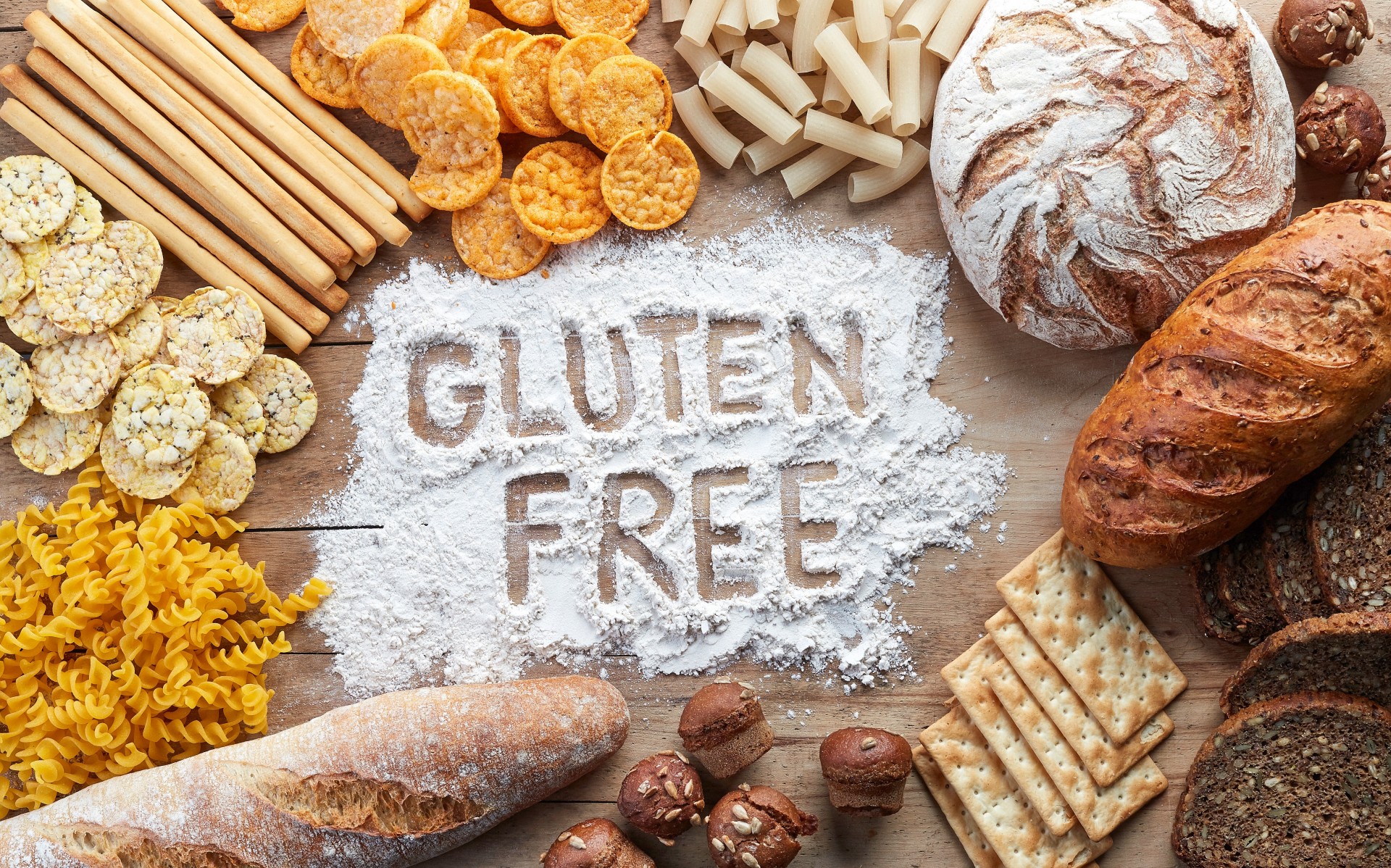Brit + Co: This Is Why Food Allergies Are on the Rise, According to Experts
By Sarah Garone
Statistics back up the fact that food allergies are on the rise. Between 1997 and 2011, allergic reactions to food rose 50 percent in children. The most notable increase was in peanut allergies; from 1997 to 2008, this particular doozy tripled in American kids.
Kiddos aren’t the only ones suffering. An increasing number of adults now experience allergic reactions to food, with estimates ranging from four to 10 percent of the over-18 population.
Experts are still teasing apart reasons for the jump in food allergies, and it’s possible we may never know all the underlying causes. Still, several theories have emerged to explain this serious public health issue — and shed light on what we can do about it.
Not long ago, pediatricians told new parents not to feed peanuts, shellfish, and other common allergens to their babies. This well-intentioned advice was based on the American Academy of Pediatrics’ (AAP) 2000 guidelines. But now the tables have turned. “The AAP has now reversed that recommendation based on new information,” says Dr. Jay M. Portnoy, MD, Pediatric Allergist at Children’s Mercy Hospital in Kansas City. The latest evidence shows that feeding kids allergenic foods actually helps ward off negative reactions — and that not doing so probably did more harm than good. “It is clear that early introduction of peanuts (and probably other foods like milk, egg, soy, and wheat) can prevent food allergy, and that delaying their introduction probably increases the risk of food allergy,” he says.
While evidence is somewhat conflicting, many experts point to a hyper-hygienic environment as a culprit behind the spike in food allergies. “Exposure to germs at an early age can reduce the risk of developing allergies and asthma,” says Dr. Portnoy. “Not to say that kids should eat dirt, but they should not be kept in too sterile an environment, either.”
In light of the panic around gluten and dairy in the last decade, it can almost seem like food allergies have become trendy. (Intriguingly, a recent reportfound that half of people who believe they have a food allergy really don’t.) Could it be that there aren’t more actual allergies these days, just more awareness, media coverage, and public interest?
In an age where health information is just a click away — and social media can blow anything out of proportion — it’s certainly possible. “We are seeing patients with very mild reactions (lip swelling, a rash on the cheeks, just not liking a food) who would have never presented before the hype regarding food allergies encouraged them to do so,” says Dr. Portnoy. “Now everyone is terrified about everything, including what they eat.”
If you believe you have a food allergy, visit an allergist or immunologist to find out for sure. And in the meantime, load up on a healthy diet and don’t be afraid to get a little dirty. It just may do your immune system a world of good.
Read the full story via Brit + Co
Learn more about Allergy, Asthma and Immunology at Children's Mercy

